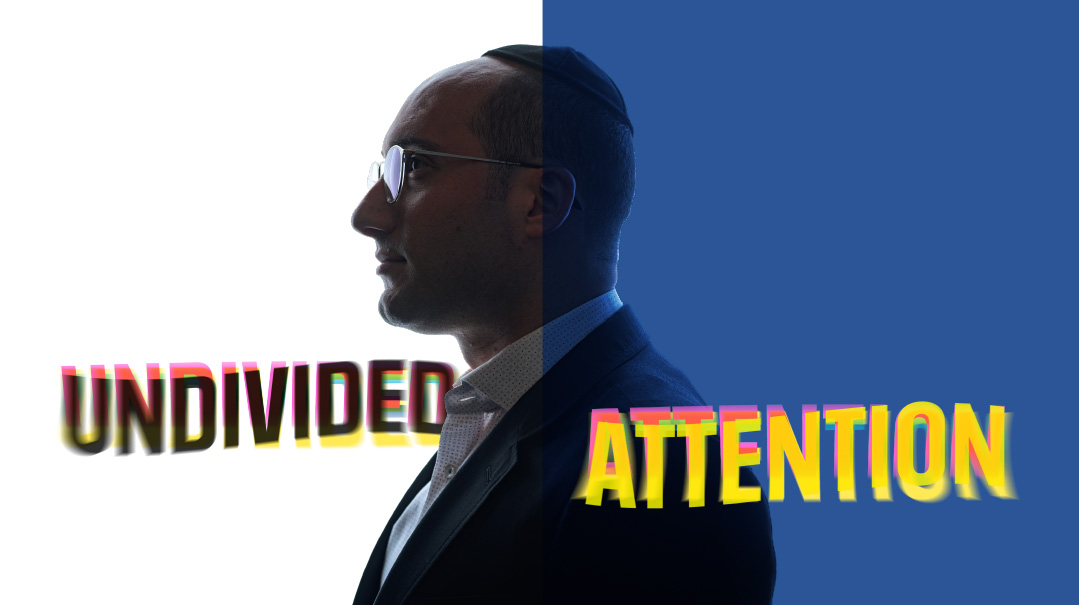Undivided Attention

He was a hyperactive menace as a kid. Now, Dr. Nachi Felt helps those he understands most

Photos: Naftoli Goldgrab
When psychology professor and ADHD specialist Rabbi Dr. Nachi Felt recently returned to the very school in Queens that had shown him the door when he was just six years old, it was to teach rebbeim and morahs — some of whom had been around in his day — “how to teach children like me.”
Nachi Felt had a long history of making trouble at school, but the clincher came when he walked into class brandishing a fake gun and threatened, “Hand over the licorice or I’ll shoot!”
When Nachi was dismissed from that school, it wasn’t the first time he’d been asked to leave, or even the second. As a constant troublemaker and disrupter, he’d already been asked to leave the preschool and kindergarten he’d attended.
Nachi wasn’t an unmotivated child, nor did he have cognitive impairments — quite the contrary. He was bright and had a lively, curious mind, but he couldn’t stay focused on anything that didn’t appear absolutely compelling to his brain. His attention would wander; he’d lose chunks of information. That would make him anxious, and then he’d simply avoid trying at all. His inability to succeed or to sit nicely for long periods, paying attention like the other kids, created deep wells of frustration and anger that would erupt in acting out and misbehaving.
“I felt misunderstood for years,” he reflects today. “All the other kids would be getting rewards for good behavior, and I’d be the only one who got nothing. I was smart but I just couldn’t succeed.”
It took a combination of medication, therapy, supportive rebbeim — including his own father — and a generous dose of inner discipline and drive for Nachi to jump the hurdles that led him to become a husband, father, rabbi, professor and researcher at Columbia University, and PhD psychologist in private practice specializing in attention-deficit/hyperactivity disorder and executive functioning techniques. By sharing his journey, he says, he hopes to help others who are struggling with similar challenges.
Oops! We could not locate your form.







